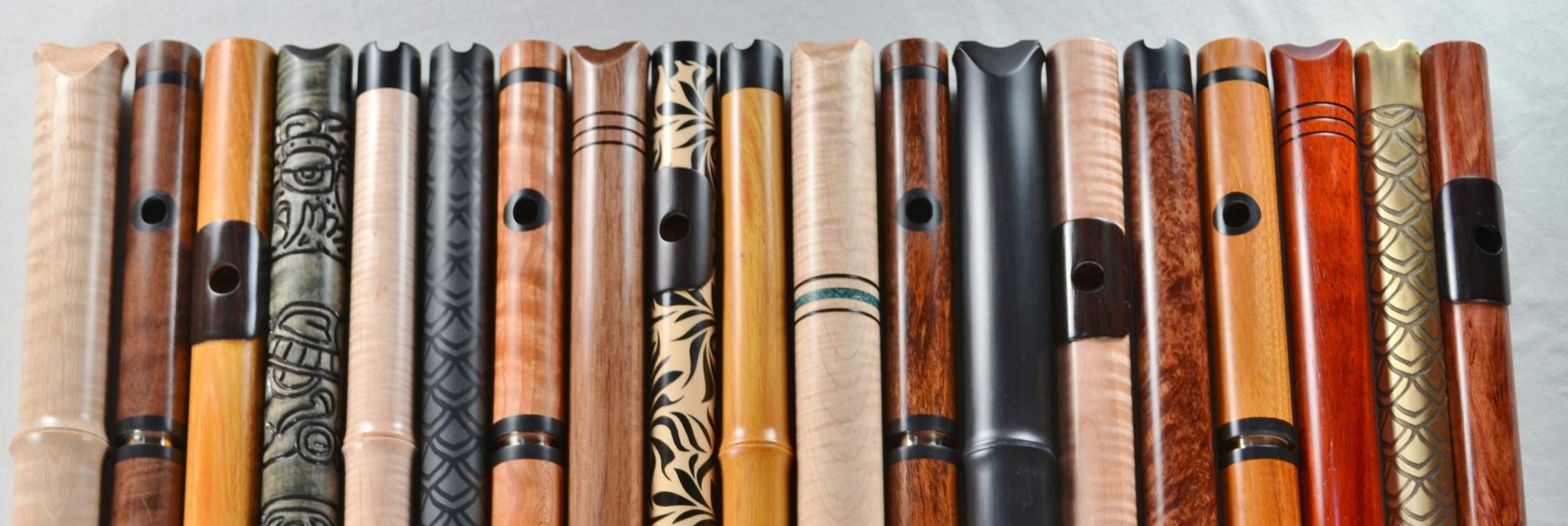Shop Notes Blog

Which is the right flute for you?
This is a tricky question to answer if a player does not already have a clear idea of what they want. Sometimes a person hears a beautiful flute, either at a concert or in a sound sample, and they want to be able to play one as well, but they may not know what it is or how to play it.
There is no way for me to know what the right flute is for you, but I can share some simple guidelines that might help you to make that decision.
-
Know what you are buying. Make sure that you have read the descriptions of the different instruments on this site and take some time to do a bit of online research (YouTube is good for this sort of thing). Some flutes are easy to play (such as fipple flutes) and others are more difficult (all of the embouchure flutes). Take a minute to learn the differences if you don’t already know them. Flutes play different scales and have different voices.
-
How much do you want to practice? Playing any instrument takes a commitment, and some are easier than others. With many of the fipple flutes (like whistles) you can get satisfying results very quickly. No embouchure is required, you simply cover the holes and blow. On the other end of the spectrum are the embouchure flutes which can be very challenging and require patience and perseverance. The Pueblo (Anasazi)-style flute and the shakuhachi flute are famous for being a challenge, requiring lots of practice to master.
-
What sort of music do you want to play? Are you wanting to play Irish jigs? Classical Indian music? Traditional Japanese? Or do you want to just experiment with your own style of music? Knowing the sort of sound or feel you want in your music will help you decide what flute and what tuning might best fit your needs. Listen to the sound samples on this site, and make sure you take into account things like reach and ergonomics. The flutes and tunings that require a bit of a stretch will always have a warning to that effect so you’ll know before you buy. When in doubt, send me an e-mail asking for clarification. Again, YouTube is a great place to find examples of different instruments being played.
-
Any flute is worth your time. There are songs in every flute — regardless of style or key — and any player who is willing to get to know their instrument will find them. You can’t make a wrong decision so long as you get something that you can physically play.
Published Thursday, October 8, 2015